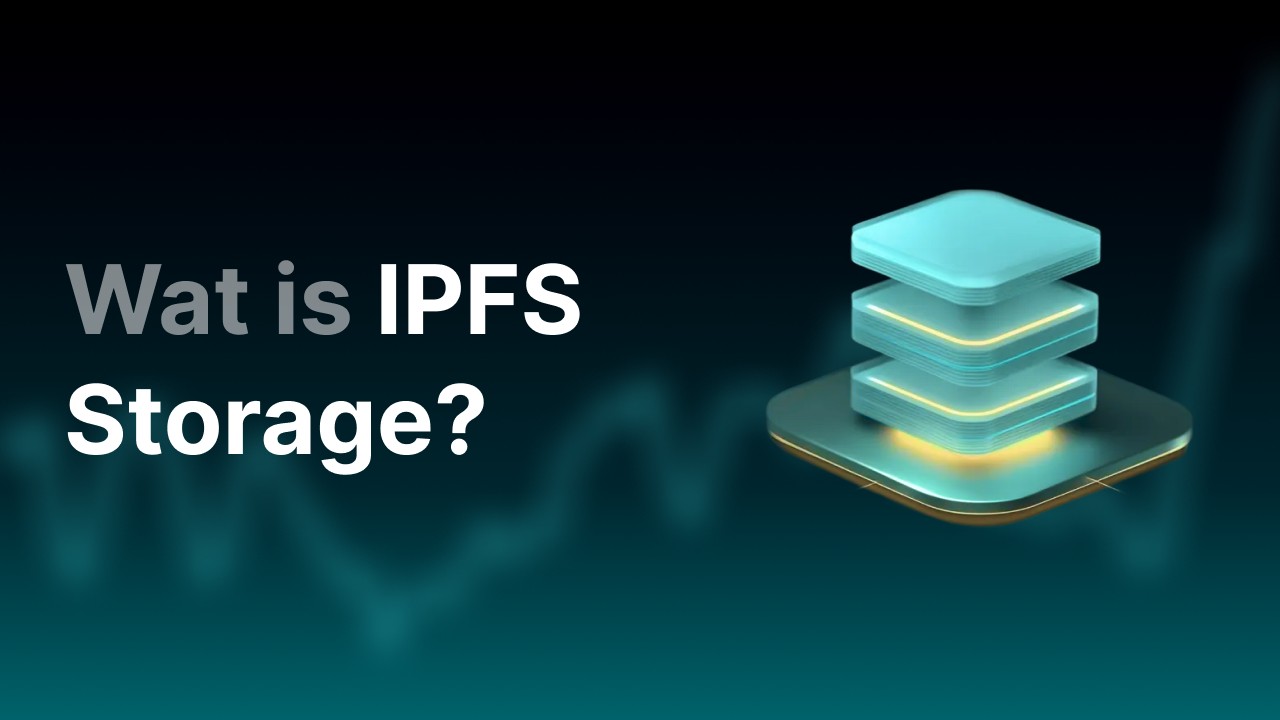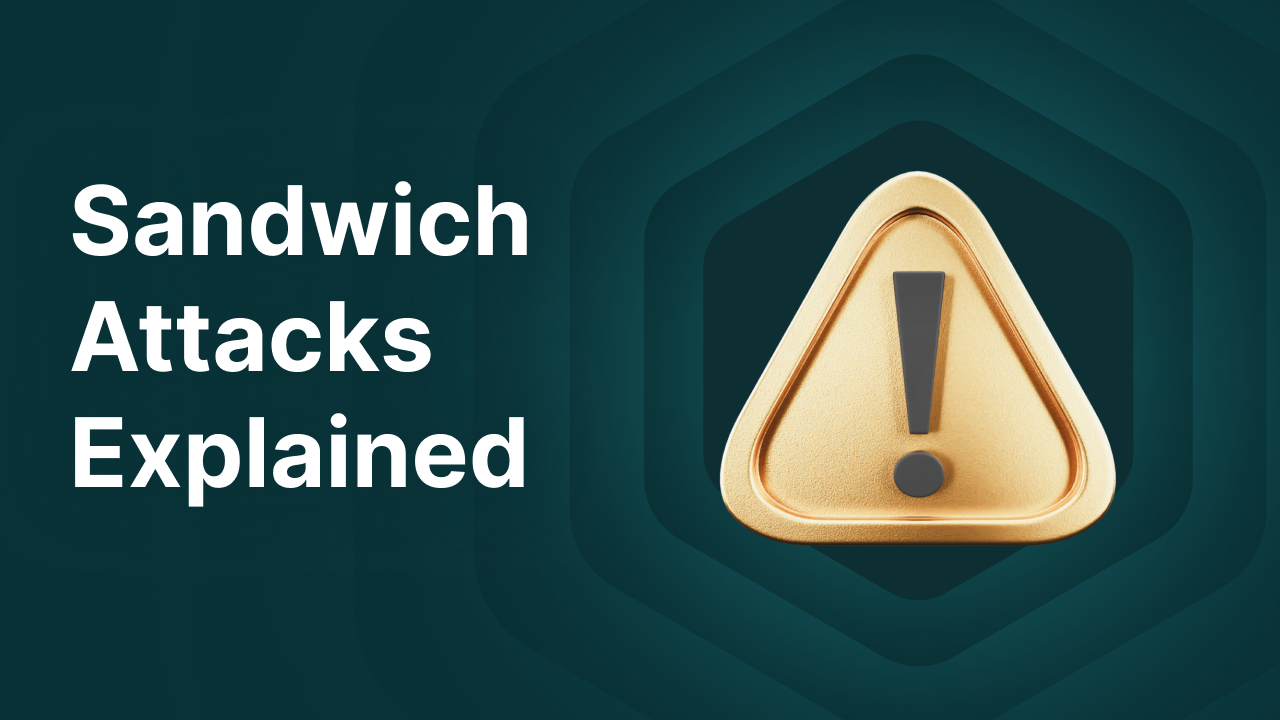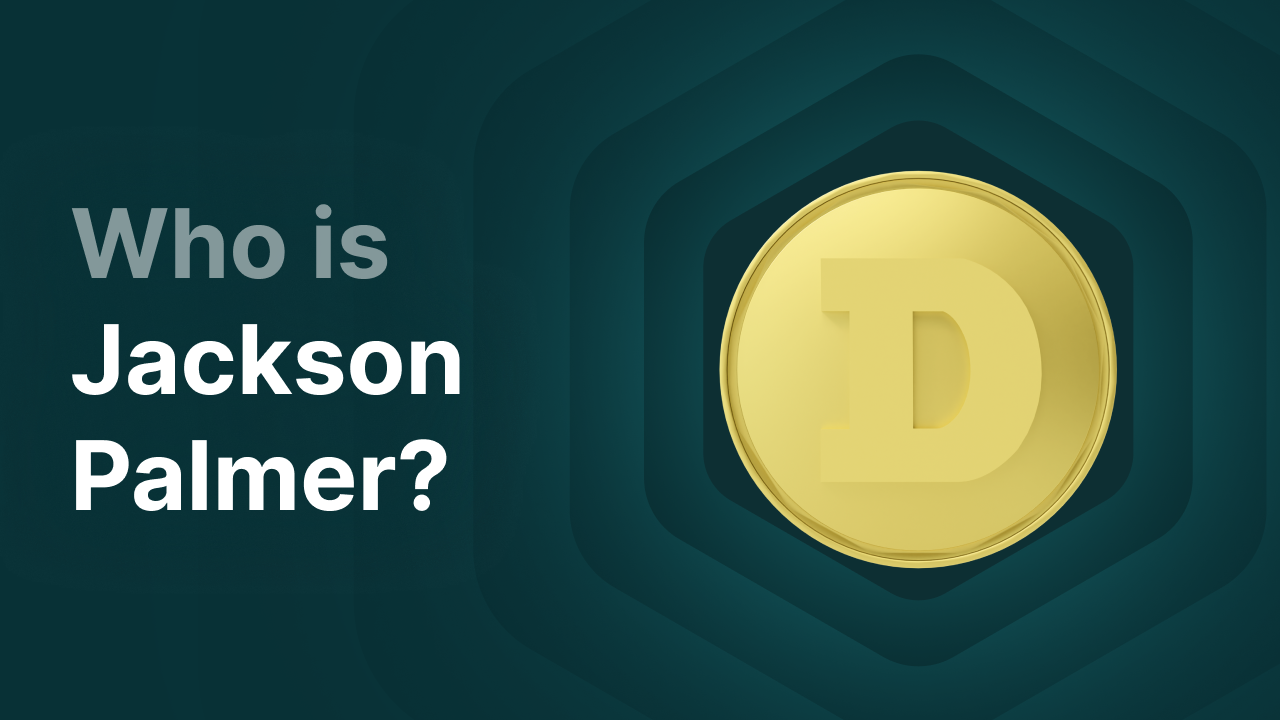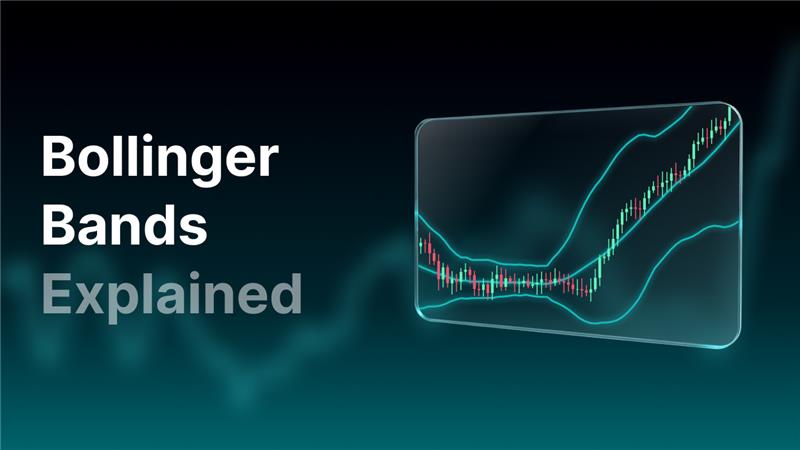What are smart contracts and how do they work?
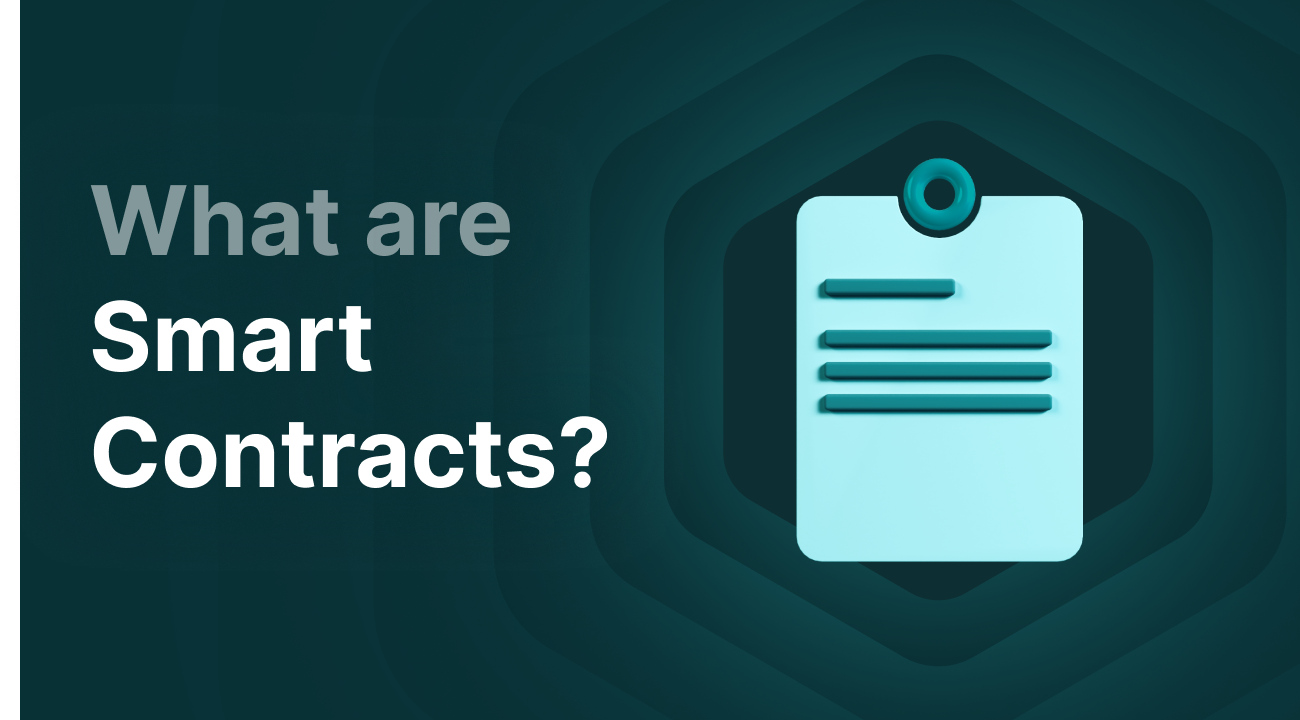
What are smart contracts?
A smart contract is a digital contract that is automatically executed once predefined conditions are met. This is done in a decentralized manner via blockchain technology. In essence, a smart contract removes the need for a third party, such as a notary or arbitrator.
Smart contracts are fully programmable and therefore very flexible. This means developers can define the conditions that must be met. Additionally, a smart contract is transparent and immutable. Anyone can see what is written in the smart contract and, once executed, it cannot be reversed. After acceptance and execution of the contract, you cannot go back—unless this is specified in the contract. Smart contracts play a key role in decentralized applications (dApps) and the entire DeFi sector, which use smart contracts to operate their services.
Unlike traditional contracts, which often rely on human actions or legal procedures, smart contracts automatically execute the agreed terms, based on the principle of “code is law,” making them highly reliable and not open to interpretation.
Example: Let’s say you want to buy a house. Normally, this process takes weeks or even months because several parties are involved, such as the real estate agent, notary, and bank. You have to negotiate with the agent, go to the notary for the transfer, and then deal with the bank for your mortgage. Each step takes time and money, and there is always a risk of errors or delays.
Using smart contracts, all of this can be done much faster, more efficiently, and cost-effectively. As the buyer, you and the seller record all conditions in the smart contract—such as the price, delivery date, and the requirement that an inspection must be approved. Once all conditions are met, the smart contract automatically executes the payment and transfer of ownership. Ownership is directly recorded on the blockchain, making the process more transparent and harder to manipulate. What about the mortgage? That can also be arranged via a smart contract through a lender such as a DeFi protocol or a traditional bank.
Key takeaways
- A smart contract is an automated digital agreement that executes independently when predetermined conditions are met.
- The contract code is stored on a blockchain and executed automatically without human intervention, ensuring reliability and transparency.
- Smart contracts are widely used in the DeFi sector and with NFTs.
- Smart contracts are faster, cheaper, more transparent, and fully automated, while traditional contracts depend on human processing.
- Oracles make it possible to bring external data to the blockchain, which is essential for real-world applications.
- The concept was introduced in 1994 by Nick Szabo. Ethereum brought it to the mainstream in 2015 as the first smart contract platform.
How do smart contracts work?
A smart contract consists of programming code stored on a blockchain. The code describes very detailed conditions. It can be programmed as extensively as desired. When the conditions are met, the smart contract (once accepted in advance by both parties) is automatically executed. This might happen when a payment is made or a delivery is confirmed.
The operation is transparent: the outcome is visible to all involved parties and cannot be changed afterward because the contract is stored on the blockchain.
How is a smart contract created?
Smart contracts are typically written in programming languages developed specifically for blockchain technology. Ethereum, for example, uses Solidity, while other platforms use their own languages. Solana, for instance, uses its own custom languages.
Once the code is written, the smart contract is uploaded to the blockchain via a transaction. A network of nodes then validates the transaction and secures the network. After confirmation by these nodes, the contract becomes active and can be called by users or other contracts.
Each interaction with a smart contract is considered a transaction and usually comes with transaction fees (gas fees), depending on the complexity of the execution.
Uses of smart contracts
There are several known use cases for smart contracts. Currently, they are primarily associated with the DeFi sector, but they have the potential to be applied across various industries.
Current applications
Finance & DeFi
Today, smart contracts are widely used in DeFi. They are implemented in decentralized applications (dApps) for staking, yield farming, and lending.
NFTs
In the NFT space (digital art), smart contracts are used to create collections, distribute royalties, and facilitate NFT trading.
Insurance
On a small scale, smart contracts are already used to provide travel insurance. Once certain conditions are met, automatic payouts occur. Think of compensation for delayed flights based on data from reliable oracles (services that fetch external data for the blockchain).
Potential future applications
Logistics and supply chains
Smart contracts could play a major role in the logistics and supply chain industry. They could improve traceability by linking QR codes to the blockchain. Every step in the chain—shipping, customs, delivery—could be automatically logged and verified, reducing fraud and increasing transparency.
Real estate
The real estate sector could use smart contracts to buy and sell properties without intermediaries. Automating buying and selling processes could eliminate the need for agents or notaries, as ownership transfer and payment could be automated using smart contracts.
Identity verification and certification
In the future, smart contracts could be used to record digital identities, diplomas, and certificates on the blockchain. This would enable fast, secure, and tamper-proof verification without relying on central authorities.
What are the benefits of smart contracts?
Using smart contracts in processes offers various benefits:
- Efficiency: Processes are executed quickly and automatically.
- Transparency: Every step is verifiable on the blockchain for all involved parties.
- Cost savings: Smart contracts eliminate the need for third parties like notaries.
- Security: Blockchain technology makes altering data nearly impossible.
- Impartiality: Execution is objective and follows the rules exactly as coded.
What are the risks?
Despite the benefits, smart contracts also come with drawbacks and risks:
- No room for human error: The contract executes as programmed, without empathy or nuance.
- Immutability: Because smart contracts are immutable, errors in the contract can't be easily fixed.
- Complexity: Writing and deploying complex smart contracts requires specialized blockchain knowledge.
- Vulnerability to bugs: Smart contracts can be exploited by malicious actors. Errors or vulnerabilities in the code can lead to major problems, such as the 2016 “The DAO” hack, where millions in ether were lost due to a bug in the contract.
Smart contracts vs traditional contracts
Smart contracts make contracting more efficient than traditional methods. The table below compares both:
Popular smart contract platforms
Ethereum was the first platform to use smart contracts and is considered the pioneer in this area. Today, there are many smart contract platforms, each with their own strengths:
- Solana: Very fast and low transaction fees, popular for NFTs and token creation (e.g. memecoins).
- Avalanche: High throughput and Ethereum compatibility.
- Cardano: Built on peer-reviewed academic research.
- BNB Chain: Used within the Binance ecosystem and for creating BSC tokens.
- Polkadot: Focuses on interoperability between different blockchains.
Collaboration between smart contracts and oracles
For smart contracts to scale, oracles are essential. It's not possible to retrieve external data into a blockchain system without oracles. An oracle is a service that reliably brings external data (like temperature, sports results, or exchange rates) onto the blockchain. Examples of blockchain oracle projects include Chainlink, API3, and Band Protocol.
History of smart contracts
Computer scientist Nick Szabo first described the concept of smart contracts in 1994. He explained how protocols could enforce agreements without intermediaries through programmable logic.
In 2015, the idea gained real traction with the development of Ethereum, the first smart contract platform. Ethereum made it possible to create complex, so-called “Turing-complete” smart contracts. This means you can program practically anything, as long as the logic is sound.
Szabo also invented Bit Gold, a digital asset that laid the foundation for Bitcoin. For this reason, some speculate that Szabo might be Satoshi Nakamoto, Bitcoin's mysterious creator.
Final thoughts
Smart contracts are a revolutionary development in the digital world. They enable agreements to be made and executed quickly, securely, and transparently—without third parties. While there are still challenges, such as complexity and vulnerability to bugs, smart contracts offer many advantages that make them suitable for diverse applications—from DeFi to real estate and logistics. With further technological advancement and oracle integration, the role of smart contracts in society is likely to grow significantly.
